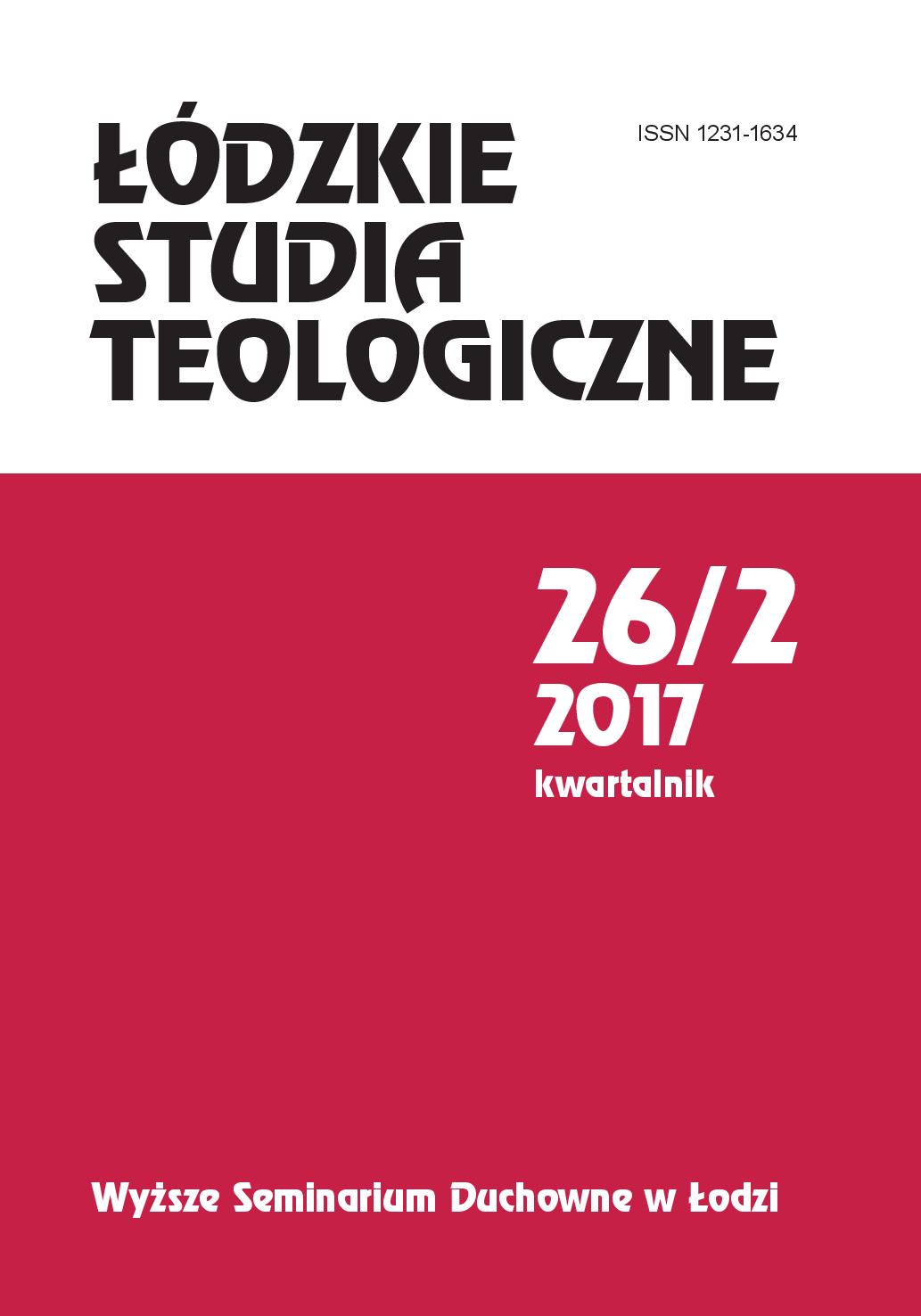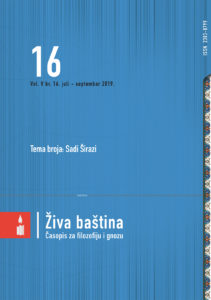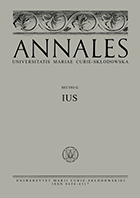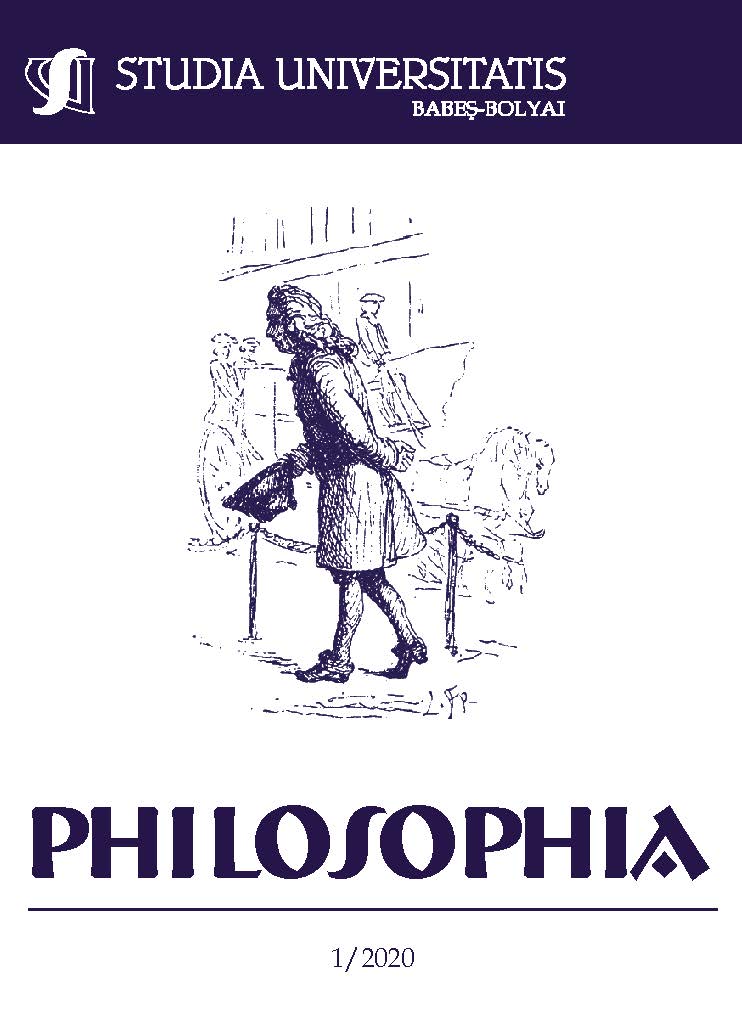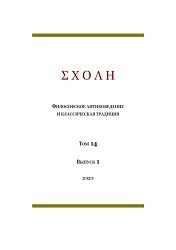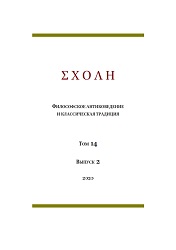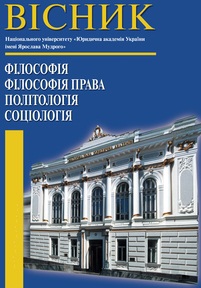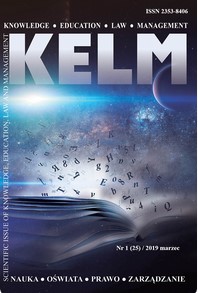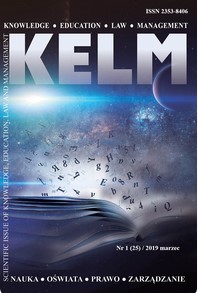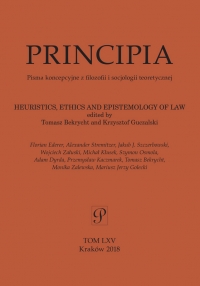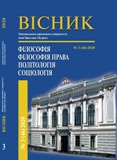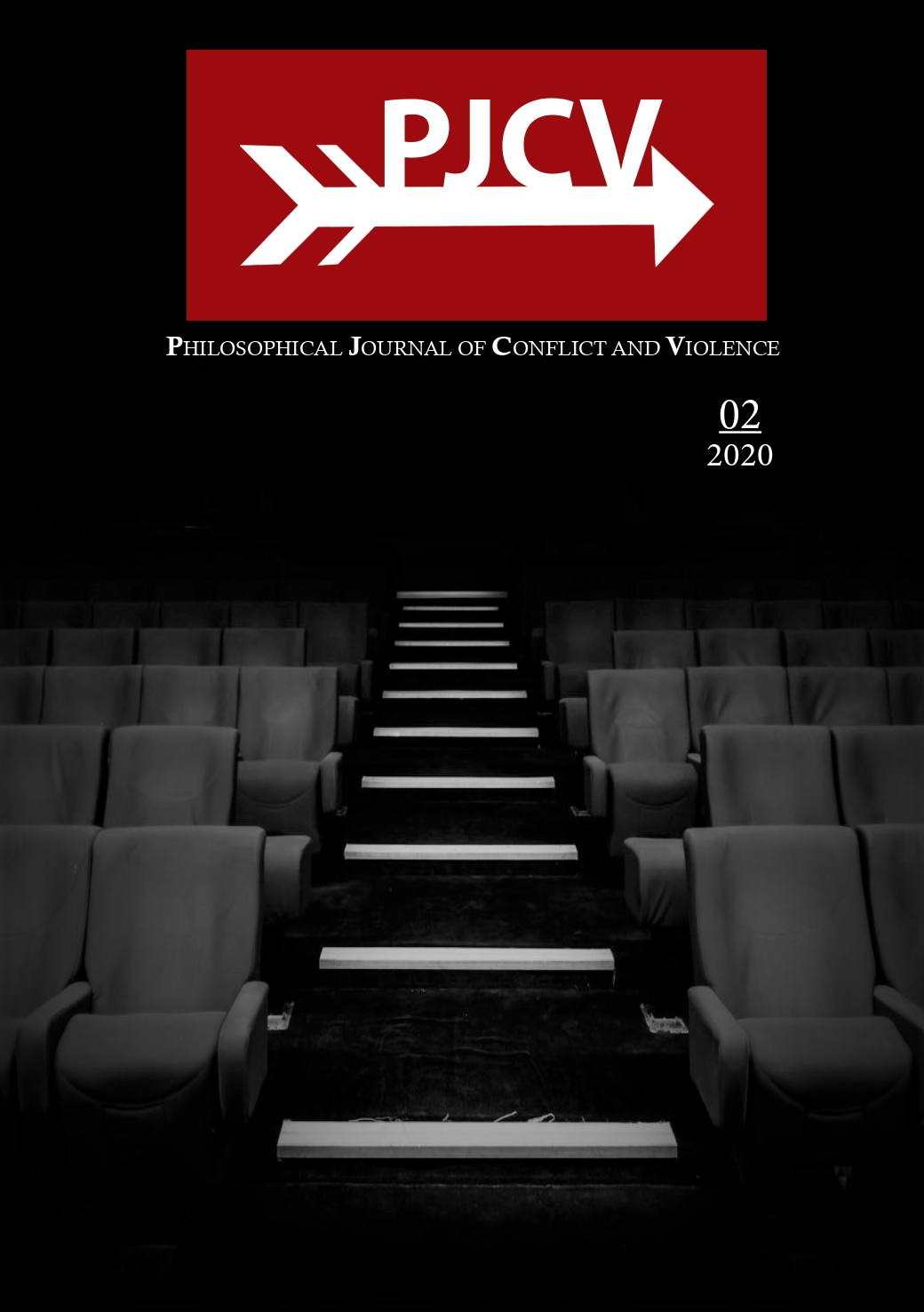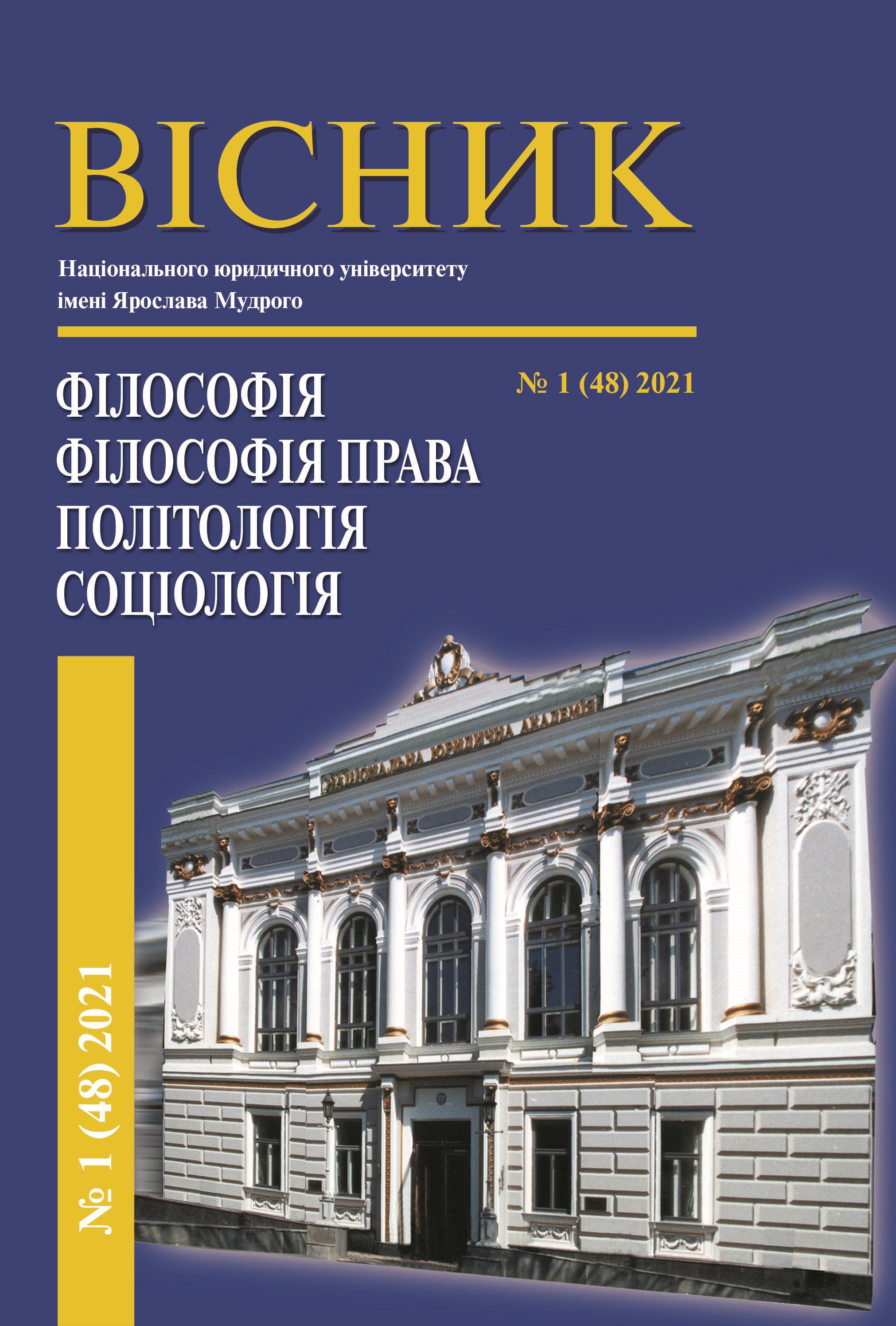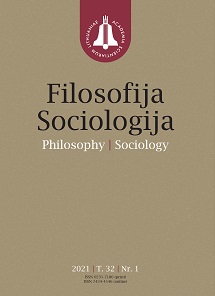Author(s): Volodymyr Trofimenko,Yana Radchenko / Language(s): Ukrainian
Issue: 3/2020
The actual value of the topic. The present emerges through the prism of the past, transforms reality, creates the ray of the future. Once upon a time, Ukraine has chosen its vector of democratic and socio-legal development - the European path. And from that moment, the orientation-legal activity changed, new conditions of existence emerged, which, in turn, led to the emergence of unknown threats to the country. For the prevention,timely detection and elimination of such threats, the state is trying to improve comprehensively the legislation and eliminate the existing gaps and conflicts in it. The National Police is considered to be an instrument for ensuring the protection of human rights and freedoms, the interests of society and the state, counteracting crime, maintaining public security and order in the country. Moreover, after reforming the system of the Ministry of Internal Affairs, it was announced that the focus of their activities was on the prevention of offenses, identification of the causes and conditions that contributed to their commission, taking measures to eliminate them, that confirms the relevance of the investigated topic.The status of recent research and publications. The publications on the topic of preventive measures of law enforcement agencies in the Ukrainian scientific community can be divided into two directions. The first area is devoted to general issues of prevention. It is developed by Klyuev O. M., Lesko N. V., Shkola S. M., Felik V. The aim of the second direction is the scientific elaboration of applied issues of prevention. Komarnitskaya 1.1., Kornienko M. I., Melnyk V. I., Soha S. I., Shestakov S. V., Babakin V. M., Blaga A. B., Bugaychuk K. L., Zhuravel T. V., Zabroda D. G., Josipiv A. A. work in this direction.The main aim of this publication is an attempt of philosophical-legal understanding of the need for preventive measures by the National Police, who are the most valuable link in the system of police authority. The aim is also to systematize the types, functions and principles, to clearly outline directions and features, to set a goal and to provide appropriate recommendations for improving the preventive measures of the National Police.The outline of the main material. In the main part of the publication are analyzed the preventive measures of the National Police of Ukraine. It is shown a variety of approaches to understanding the category of «prevention» from the viewpoint of different legal sciences. The classification of types of prevention is given and from this point of view the existing laws and bills are analyzed. The authors refer to the basic methods of preventive measures. They emphasize the method of coercion as the most effective for modern Ukraine. Special attention is drawn to preventive measures among the juveniles.Conclusions. At the present stage of legislative development of society, preventive measures of the National Police should be the most important direction of activity of state- governmental structures. It is considered in the hypostasis of preventive measures, which is based on the application of methods of observation and data processing, their systematization in order to prevent the commission of an offense at the stage of its planning and preparation. The philosophical-legal analysis conducted in this article confirms that the preventive measures of the National Police provide a process of discrediting criminal behavior, voluntarily abandoning criminal motivation and intent, or continuing the illegal activity of certain groups and individuals who bear criminal intentions and have a positive attitude to illegal way of life. The essence of prevention is to develop a sense of responsibility for behavior, which promotes a deep awareness not only of rights but also of obligations.
More...

